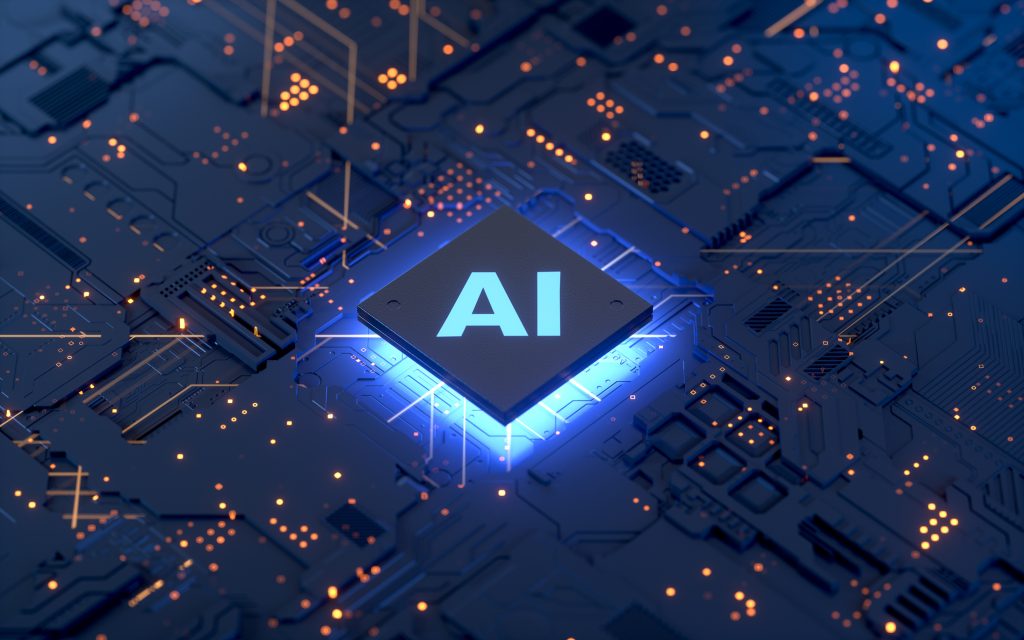Artificial intelligence has been creeping into our daily lives for years, but in the past decade, its presence has accelerated to a point where it’s difficult to ignore. From Alexa and Google Assistant managing our homes to AI-driven algorithms shaping what we see online, artificial intelligence is everywhere. Smart fridges remind us to buy milk, AI-powered customer service handles our queries, and even our smartphones predict what we’re about to type before we do. The question now is: have we gone too far?

There was a time when technology was a tool, something we controlled and used to enhance our capabilities. But today, AI seems to be doing more than simply assisting us; it is replacing our need to think, plan, and remember. Most people no longer bother to memorise phone numbers because their mobile does it for them. Reading a map has become a lost skill, thanks to Google Maps and SatNavs. Even switching on a light or setting an alarm now requires nothing more than a voice command. While all of this makes life undeniably easier, it also raises concerns. Are we losing our ability to function without AI?
One of the biggest risks of excessive AI integration is the gradual erosion of critical thinking and problem solving skills. As we become increasingly dependent on smart technology to make decisions for us, we risk losing the ability to think independently. Younger generations, in particular, are growing up in a world where they have never had to navigate a city without GPS, spellcheck their own writing, or do basic mental arithmetic. While these conveniences save time, they also create a level of complacency that could have long-term consequences.
Beyond the loss of basic skills, there is also the issue of privacy and security. We have willingly allowed AI-driven devices to listen, watch, and analyse everything we do, all in the name of convenience. Every voice command given to a smart speaker is stored and processed. Every search, message, and online purchase feeds into a growing database that knows more about us than we do ourselves. The potential risks of this are alarming. It is one thing for AI to suggest a film based on past preferences, but quite another for it to predict our emotions, influence our political views, or manipulate our spending habits.
Then there is the matter of workplace automation. AI is transforming industries at a rate we have never seen before. While it is undoubtedly driving efficiency, it is also displacing jobs. Traditional roles that once required human intuition, creativity, and decision-making are now being taken over by AI-powered systems. Customer service, journalism, design, even legal and medical analysis—fields once thought to be the domain of human expertise, are being reshaped by artificial intelligence. We are heading towards a future where AI not only assists but replaces human roles entirely, raising serious economic and ethical questions.
But perhaps the most unsettling aspect of AI’s infiltration into our lives is how seamlessly we have accepted it. The convenience it brings has become so deeply embedded in our routines that few people stop to question whether we should be so reliant on it. We joke about our smart devices listening in on our conversations, yet we continue to bring them into our homes. We express concerns about data privacy, but we still use social media platforms that track our every move. We recognise the risks of automation in the workforce, yet we embrace the efficiency AI provides.
So, should we stop? Should we draw a line and say, “Enough is enough”? It is a complex question with no easy answer. AI is not inherently bad, it has revolutionised medicine, enhanced productivity, and provided solutions to problems we never thought possible. But there is a growing need for balance. If we continue down the path of blind adoption, we risk losing fundamental human skills, autonomy, and even aspects of our identity.
Perhaps the answer lies in mindful use. Rather than allowing AI to take over every aspect of our lives, we should be intentional about where and how we use it. Relying on AI for tasks that genuinely enhance our capabilities, such as medical diagnostics or safety features, is different from outsourcing our entire decision-making process to algorithms. We should ask ourselves whether we really need AI to turn on our lights, order our groceries, or remind us to take a break from our screens.
Ultimately, the issue is not about AI itself but about our relationship with it. Have we become too comfortable with letting machines think for us? Have we lost sight of the importance of human intuition, creativity, and problem-solving? These are the questions we should be asking before AI becomes so deeply embedded in our existence that we can no longer function without it. The future of AI is not just about technology, it is about how we, as a society, choose to integrate it into our lives. And right now, that choice is still ours to make.





